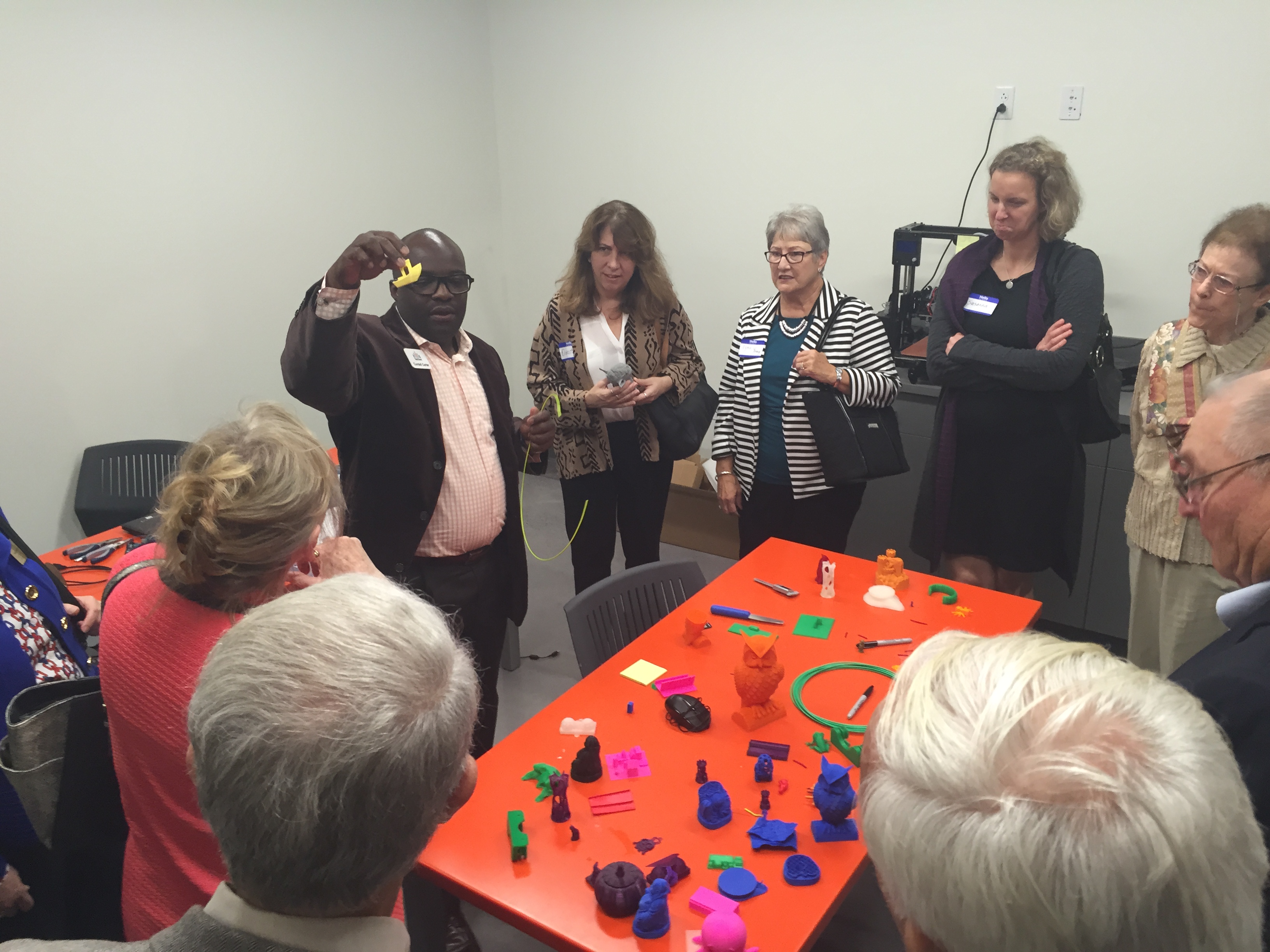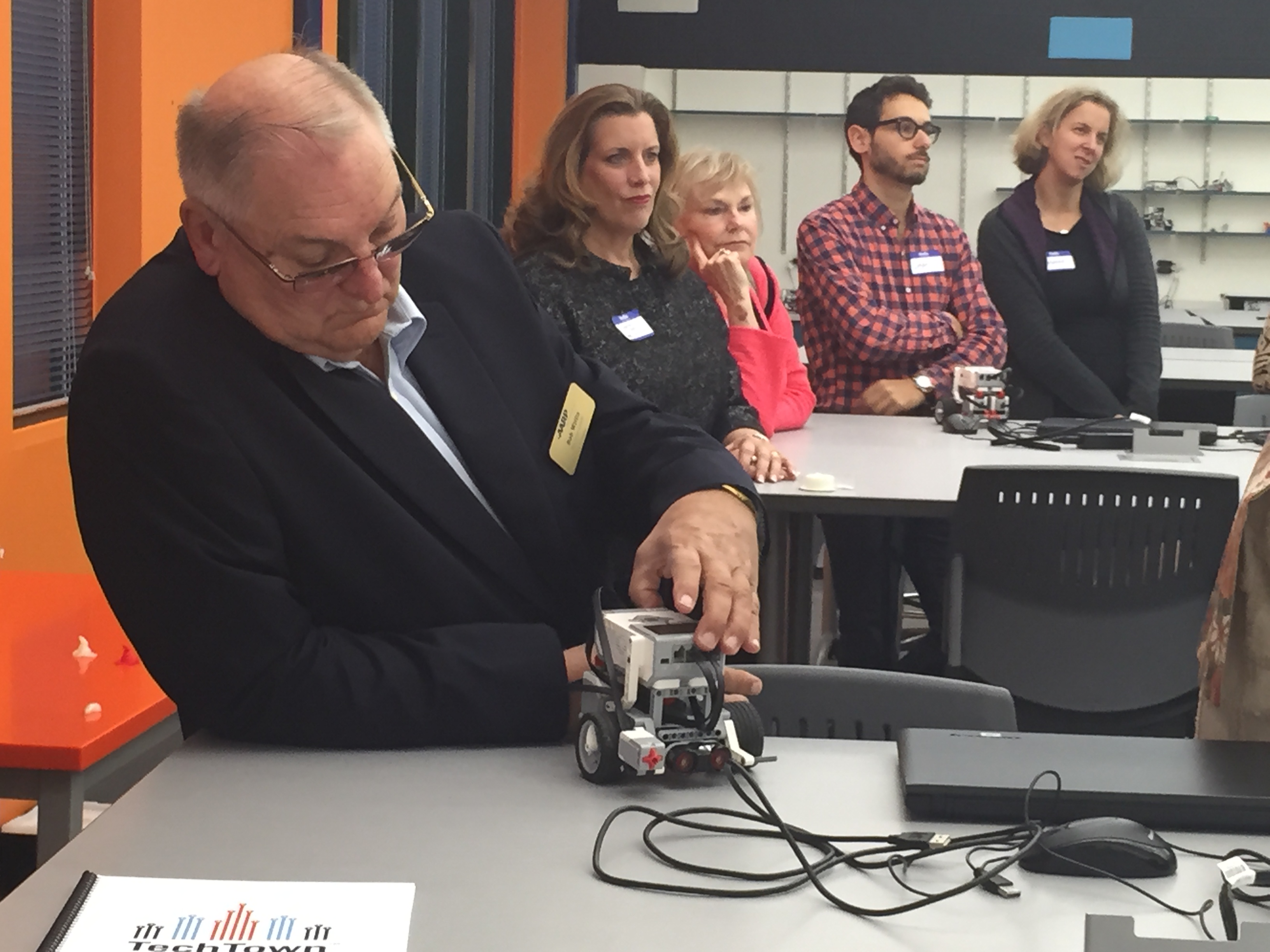AARP Hearing Center

Can you find "Gig City" on a Tennessee map? For many across our state, Chattanooga is simply the home of Lookout Mountain, the famous Choo Choo and the Tennessee Aquarium. But, in recent years, the River City has become a hub for technology. With comprehensive redevelopment plans have created a more livable downtown, including citywide broadband access, electric buses and an innovation district.
During the first week of November, members of the AARP National Policy Council’s committee on Consumer and Livable Communities spent three days in Chattanooga to learn about the city’s technology initiative. Specifically, the group met with current and past elected leaders, local business executives and took site tours for a first-hand experience with the city’s technology infrastructure.

What started as a comprehensive re-development plan nearly 20 years ago continues today as a case study in public-private partnership. The effort began with the vision on then-mayor, now U.S. Senator Bob Corker. Today, Mayor Andy Berke continues to make access to technology a top priority for Chattanooga.
“Every home and every business in our community has fiber optic cable hooked up and access to the fastest internet,” said Chattanooga Mayor Andy
Berke. “We have tried to make sure that everybody not only has that access, but uses it.”
Chattanooga’s Electric Power Board oversees the implementation and maintenance of the citywide fiber optic broadband service that fueled the creation of a full-fledged “Innovation District,” earning Chattanooga the new nickname, “Gig City.”

“Today, access to a fiber optic network is just as important as access to the electric grid,” EPB Vice President of Strategic Research Jim Ingraham explained to the National Policy Council. “And that includes the city’s senior population as well.”
And what kind of impression did the experience leave with the National Policy Council?
“Overall I am extremely interested and impressed with what has been accomplished in Chattanooga,” said Dennis Eisnach, a policy council member from South Dakota. “I think this initiative will serve as a great example for other communities.”
In the coming months, the National Policy Council will compare notes, discuss their experience and continue to develop AARP’s position in support of access to broadband for the 50+ population. By all accounts, this visit will be a catalyst for the association to strengthen its advocacy role on the technology front.































































